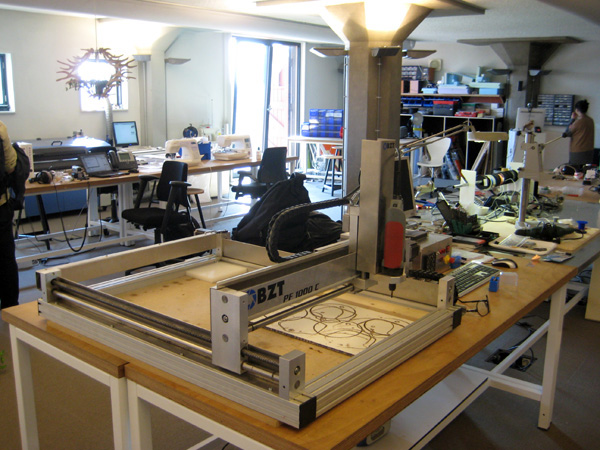When thinking about “solutions” many are quick to cite organizing a protest and taking to the streets. Let’s for a moment consider the mechanics of a protest, what it might accomplish, and what it may leave to be desired.
Take Glenn Beck’s disingenuous 2010 “Restoring Honor” event in Washington D.C. It drew thousands of honest, well-intentioned people from all over the United States. Indeed, thousands of people filled up their Fortune 500 made cars with gas from Fortune 500 oil companies, drove countless miles, stopping along the way at Fortune 500 fast food restaurants, stayed at Fortune 500 run hotels, and stocked up on supplies purchased at Fortune 500 Walmart. They slaked their thirst under the hot August sun with cans of Fortune 500 Pepsi and Coke, and at the end of the day, they drove home, paid their Fortune 500 cable subscriptions to watch their Fortune 500 media reports, most likely on News Corporation’s Fox News, a Council on Foreign Relations corporate member…

Thailand’s answer to the IMF, and globalization in general was profound in both implications as well as in its understanding of globalization’s end game. Fiercely independent and nationalistic, and being the only nation in Southeast Asia to avoid colonization, Thailand’s sovereignty has been protected for over 800 years by its revered monarchy. The current dynasty, the House of Chakri, has reigned nearly as long as America has existed as a nation and the current king is regarded as the equivalent of a living “Founding Father.” And just as it has for 800 years, the Thai Monarchy today provides the most provocative and meaningful answer to the threats facing the Kingdom.
The answer of course is self-sufficiency. Self-sufficiency as a nation, as a province, as a community and as a household. This concept is enshrined in the Thai King’s “New Theory” or “self-sufficiency economy” and mirrorssimilar efforts found throughout the world to break the back of the oppression and exploitation that results from dependence on an interdependent globalized system…
The New Theory aims at preserving traditional agrarian values in the hands of the people. It also aims at preventing a migration from the countryside into the cities. Preventing such migrations would prevent big agricultural cartels from moving in, swallowing up farming land, corrupting and even jeopardizing entire national food supplies (see Monsanto). Those familiar with the UN’s Agenda 21, and the more recent UN “Climate Change Program,” may understand the deeper implications and dangers of such a migration and why it needs to be stopped…
The goal of the “New Theory” is to have people return to the countryside from the cities and develop their communities in a self-reliant manner. It is, in other words, Agenda 21 in reverse.
Under the “New Theory,” demonstration stations all across Thailand have been created promoting education in matters of agriculture and self-sufficient living. The program is competing against the contemporary globalization system, which as of now, is mired in many parts of the world with economic meltdown. The relatively self-sufficient nature of Thais in general has weathered this economic chaos fairly well. In 10 years, a plate of food still costs the same amount of money, as do many everyday commodities. This only further vindicates the value of being self-sufficient and now more than ever, in both Thailand, and abroad, it is a good time to get involved and get self-sufficient…
Bringing this sort of technology to rural people, even enabling people to create their own technology rather than just employ it, is not just science fiction but is a reality of today. MIT Professor Dr. Neil Gershenfeld has developed the “fabrication laboratory” or “Fab Lab.” The Fab Lab is a microfactory that can “make almost anything.” His Fab Lab has since been replicated all over the world in what he calls the personal fabrication revolution. It aims at turning a world of dependent consumers into independent designers and producers.
Source: Land Destroyer: Self-Sufficiency: A Local Solution to a Global Problem


